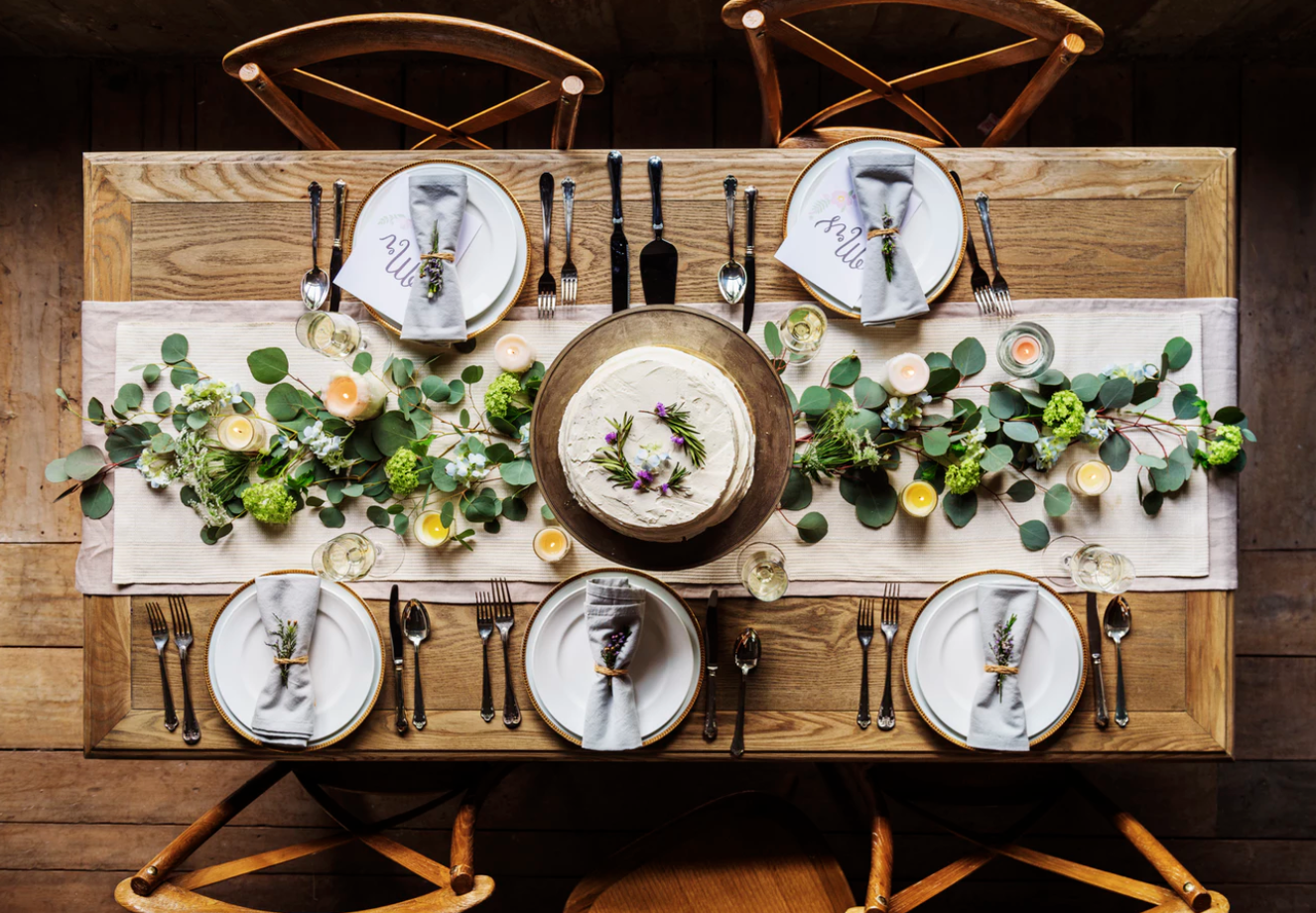A Transformed Thanksgiving: a Different Year
I spend this week the same way every year: gathering my recipes, ordering my turkey and planning my shopping. I love Thanksgiving. Growing up, I knew Thanksgiving officially started when my mother’s large, wooden bowl was stacked to overflowing with torn white bread (to sit out and grow stale, overnight, for stuffing). My mom would always awake early to begin cooking. By the time I awoke, the house would be filled with the smell of onions, butter and sage softening in a large skillet. The television tuned to the Macy’s Day Thanksgiving Parade.
No doubt that food has provided many memories, but Thanksgiving, for me, will always be about falling asleep at our dining room table listening to my family’s conversations and laughter. My Dad, passionate about conversation with depth, could spend hours at the dining room table. At his first Thanksgiving with the Schwartzes, my husband was chastised for thinking he was keeping my Dad talking too long about faith and politics. He apologized, asking if my Dad wanted to call it a night. My Dad laughed and said, “Son. If you're tired, then go to bed. The heart of a dining room table is conversation.” That was the moment my husband became my father’s son and a comment I have never forgotten.
If there was a holiday that perfectly aligned with Break Through, it would be Thanksgiving. I know that sounds counterintuitive. How could a holiday so focused on overeating be aligned with a self-controlled relationship with food? I understand the confusion and will get back to why I believe the two align.
First, however, let’s address how Thanksgiving has been co-opted by our diet culture mindset. This holiday, now, either fills some with “food fear” or is impatiently anticipated as the ultimate “ earned cheat day.” Those in the “food fear” camp are focused on how to force their holiday meal to fit their current diet or lifestyle diet identity (tofurkey; mashed cauliflower; dairy-free, gluten-free, sugar-free pumpkin pie and absolutely, positively NO evil bread-based stuffing—you know the super fun dinner guests who send you texts with their “restrictions”). The other camp has their napkin tucked into their collar, knife and fork at the ready, and post-feast nap spot reserved. They’ve earned this day after days, weeks, or months of being “good.” Diet culture has imprisoned Thanksgiving within two mindset extremes:
Willpower/white-knuckle vs. Binge/over-eating
Feeling deprived vs. Feeling guilty
Avoidance vs. Over-indulgence
Not Allowed vs. Reward
Good vs. Bad
Diet vs. Cheating
A holiday that once celebrated a successful harvest, honored God’s provision and faithfulness, and centered around fellowship is now boiled down to a singular focus: our toxic relationship with food.
The heart of a dining room table is conversation.
In grade school, we all learned about the first Thanksgiving. Interestingly, specific food details were sparse. What was recorded in history by Edward Winslow:
“Our harvest being gotten in, our governor sent four men on fowling, that so we might after a special manner rejoice together, after we had gathered the fruits of our labors; they four in one day killed as much fowl, as with a little help beside, served the company almost a week, at which time amongst other recreations, we exercised our arms, many of the Indians coming amongst us, and amongst the rest their greatest king Massasoit, with some ninety men, whom for three days we entertained and feasted, and they went out and killed five deer, which they brought to the plantation and bestowed on our Governor, and upon the Captain and others. And although it be not always so plentiful, as it was at this time with us, yet by the goodness of God, we are so far from want, that we often wish you partakers of our plenty.”
The importance of Thanksgiving was focused on:
Rejoicing together for the harvest was good
Gathering to celebrate the fruits of their labor
Honoring the goodness of God in his provision
Sharing plenty with others
This is the Thanksgiving that aligns with the habits and mindset addressed in Break Through. A Thanksgiving where food is a part of celebration, but not its focus. A Thanksgiving where our bodies are fueled but, more importantly, where our souls are fed. A sweet time spent rejoicing, gathering, celebrating, honoring and sharing. The importance of Thanksgiving is made small by diet culture mindset. When we focus solely on food, we miss the big picture: Thanksgiving is about giving thanks to God and connecting with others. Let’s take Thanksgiving back from the diet culture mindset extremes and make it a day of:
Fellowship
Gratitude
Connection
Breaking bread and sharing a meal together
Joy
This is the heart of Thanksgiving. This is the mission of Fuel Your Body, Feed Your Soul: once we surrender our relationship with food to Christ, we take away diet culture’s power to cause fear, anxiety, false guilt, and shame. Now, food choices can be rooted in balance, moderation, and self-control. The truth of food’s purpose becomes clear:
God perfectly designed foods (fuel) to nourish our body (Genesis 1:29;9:3)
All things in moderation to best support our health (1 Cor 6:19-20)
Some fuels need to be approached with discipline (Proverbs 25:16)
Sustenance not idol (Matthew 6)
I cannot think of a better day to reconnect with food, restore a healthy relationship with its consumption and renew our minds!
Happy Thanksgiving Everyone:
I pray each of us experiences renewed hope and faith during the Thanksgiving holiday as we focus on what is most important: the satisfaction and peace that can only come from God. I pray that we give thanks for abundant seasons and that our faith is so deeply rooted that we give thanks in seasons of want. I pray that our hearts are filled with gratitude and are content in any circumstance. I pray that we rejoice daily, shine for others and walk in the power of God’s sufficient grace.

